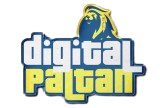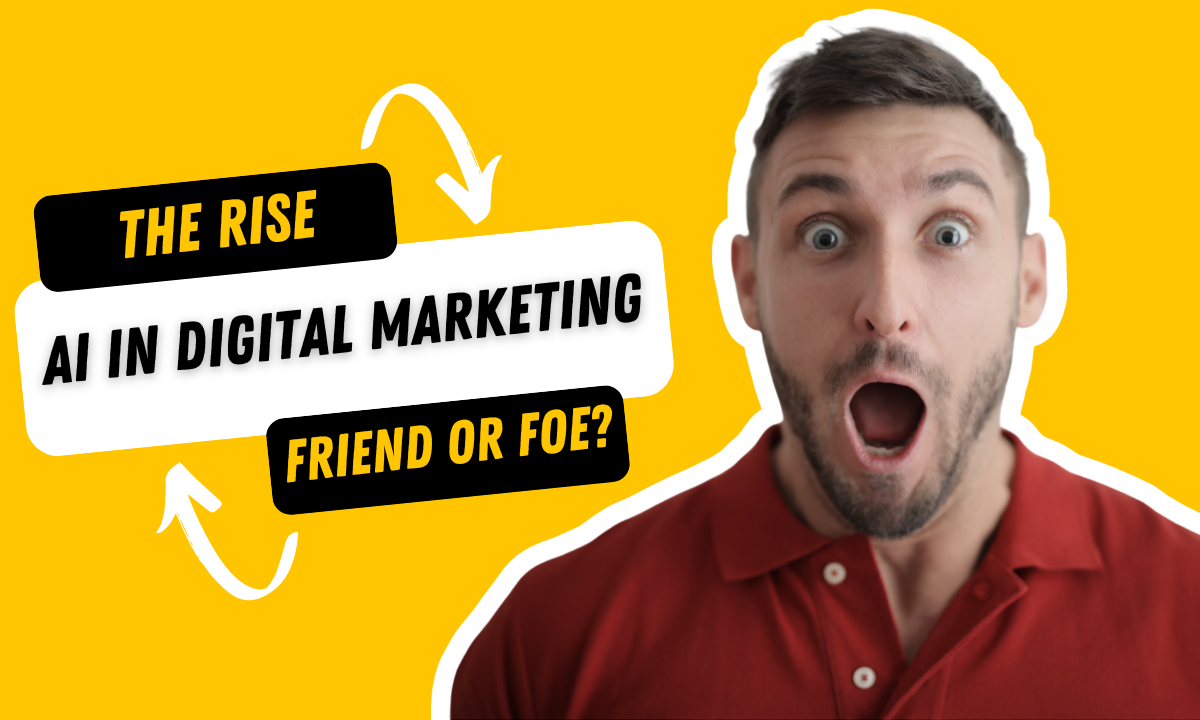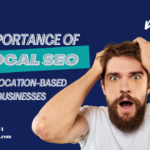The Rise of AI in Digital Marketing: Friend or Foe?
Artificial intelligence (AI) has rapidly infiltrated numerous industries, and the realm of digital marketing is no exception. Its impact has sparked a crucial debate: is AI a friend or foe for the future of marketing? Let’s delve into both sides of the coin:
AI as a Friend:
- Enhanced decision-making: AI empowers marketers with data-driven insights, analyzing vast amounts of customer behavior and market trends to optimize campaigns for better results.
- Unparalleled personalization: AI personalizes the customer journey by tailoring content, offers, and recommendations based on individual preferences and past interactions. This fosters deeper customer engagement and loyalty.
- Increased efficiency: AI automates tedious tasks like ad buying, content scheduling, and basic customer service interactions, freeing up valuable human time for strategic planning and creative work.
AI as a Foe:
- Ethical concerns: AI algorithms can perpetuate biases present in the data they are trained on, leading to discriminatory practices in marketing efforts. Addressing fairness and transparency in AI-powered systems is vital.
- Job displacement fears: Automation fueled by AI raises concerns about potential job losses in the marketing field. However, AI may instead shift the focus of roles, requiring human expertise in areas like data analysis, strategic thinking, and human-centered design.
- Loss of creativity: While AI excels at data analysis and automation, creativity remains a uniquely human domain. AI cannot replace the human ability to develop original concepts, evoke emotions, and build genuine connections with audiences.
The Verdict: A Collaborative Future
AI is neither an absolute friend nor foe; it’s a powerful tool that requires responsible utilization. By acknowledging both its strengths and limitations, we can navigate a future where AI complements human expertise, not replaces it.
Here are some key takeaways:
- Humans and AI must work together: Leverage AI for its analytical and automation capabilities, while retaining the human element of creativity, strategic thinking, and emotional intelligence.
- Prioritize ethical considerations: Ensure fairness, transparency, and unbiased data collection and use in AI-powered marketing tools.
- Embrace upskilling and reskilling: As the landscape adapts, continuous learning and development are crucial for marketers to stay relevant and thrive in the evolving digital age.
Ultimately, the true potential of AI in digital marketing lies in its ability to empower humans to do what they do best: connect with audiences on a deeper level and craft compelling stories that resonate.




